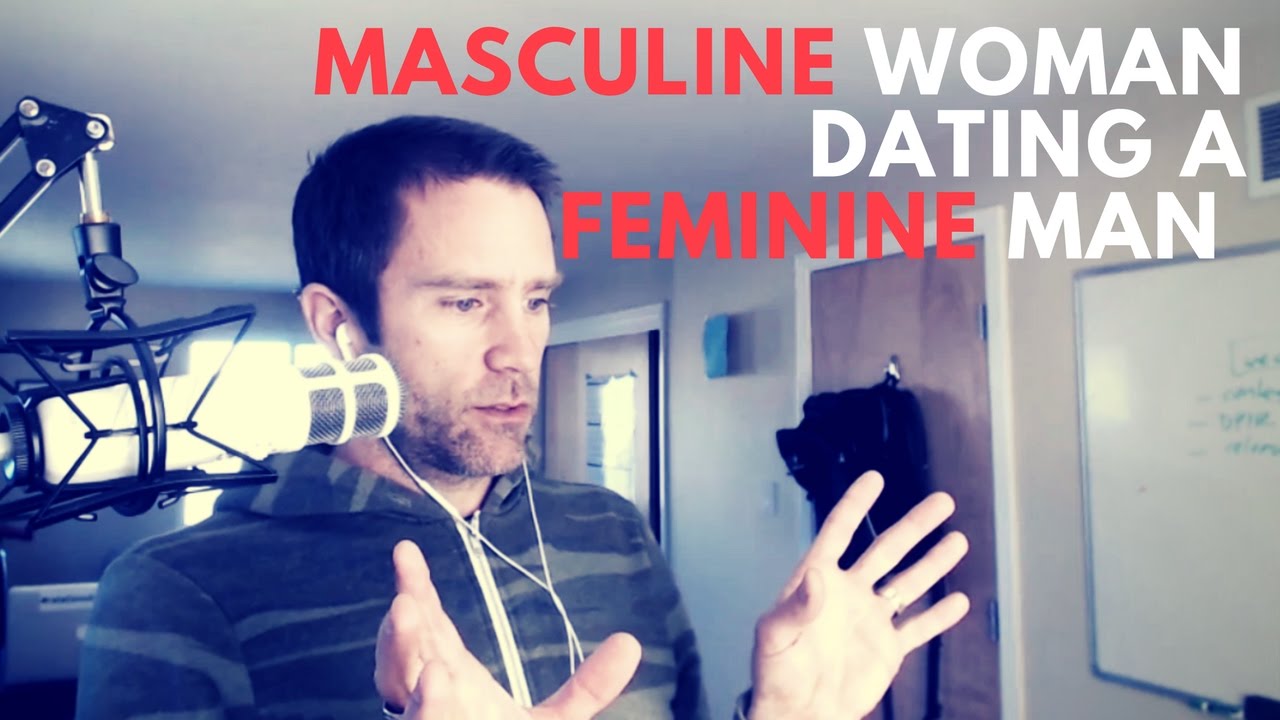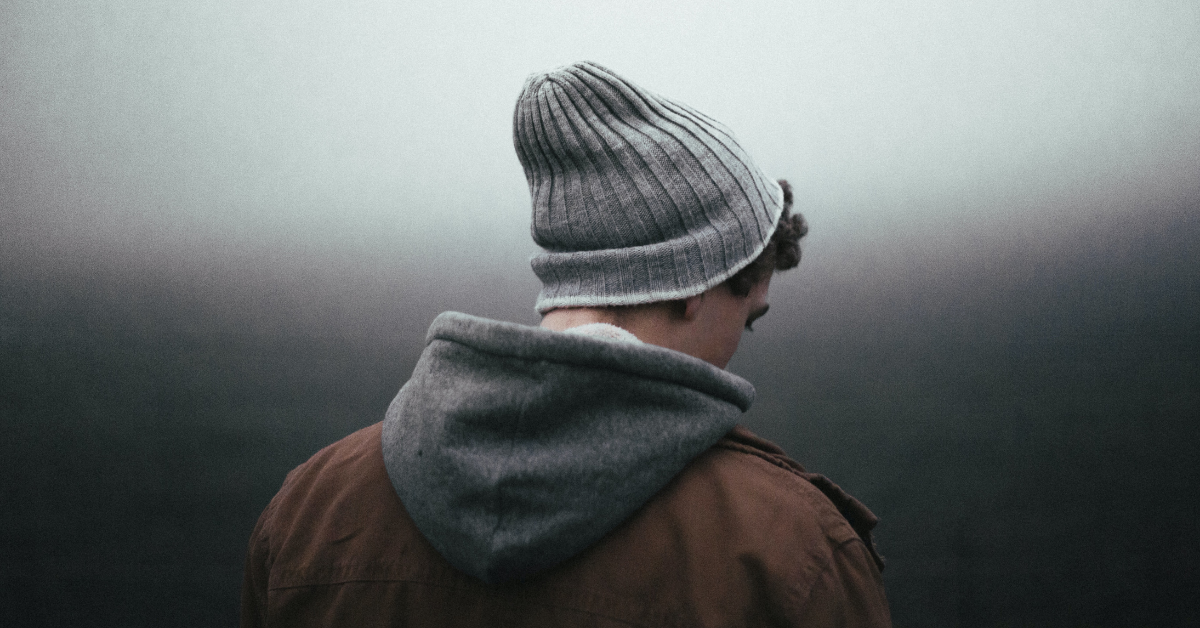Studies show half of Americans are feeling lonely and isolated, and this was BEFORE the coronavirus pandemic. Gulp.
All over the world, people are being asked to distance themselves to stop the spread of the novel coronavirus. According to the New York Times, half of humanity was under lockdown orders as of early April. No one knows for sure how long such measures will be necessary. Some think that we may even have to undergo several periods of social distancing before a vaccine is ready.
While necessary to stop a virus for which we have no immunity, and no protection, social distancing may have profound implications for our mental and physical health. Coronavirus loneliness is real and it’s already taking a toll. Human beings are social creatures who thrive with group interaction and physical touch. As teachers move to online instruction, neighbors sing from balconies, and shoppers stand on lines drawn six feet apart, we are increasingly unmoored from the familiar and forced to draw on our own mental reserves.
And, according to the research we already were lonely, before this whole pandemic started. Social-connectedness expert Julianne Holt-Lunstad, PhD has pioneered research on loneliness that is very, very sobering.
A few highlights:
- Loneliness and social isolation are linked to around a 30 percent increased risk of having a stroke or developing coronary artery disease
- Higher relationship quality raises your levels of oxytocin, the so-called “love hormone”
- The presence of a supportive person — or even just thinking about them — can reduce cardiovascular and neuroendocrine responses to stress
- Loneliness is more dangerous than smoking 15 cigarettes per day
- Loneliness is twice as harmful as obesity
Dr. Lunstad’s work has been picked up by Former Surgeon General Dr. Vivek Murthy who has a new book coming out on this very subject aptly titled Together. Dr. Murthy has an amazing way of seeing this whole problem. Two podcasts interviews are worth listening to on The Tim Ferris Show and Goop. It’s clear, the conversation around the coronavirus loneliness epidemic is getting stronger and there’s never been a better time to start to face it, together.
Our Lonely World
The way Americans live was making us lonely even before companies send their workers home and school shut down. A report released by Cigna in early 2020, reveals that 61 percent of the people surveyed experienced loneliness. Loneliness is tied to the U.S. workplace, resulting in lower productivity, a perceived lower quality of work, and more days out of the office.
The United States is not alone. As recently reported in The Guardian, more than two million British citizens also report “chronic loneliness,” and it’s not just older people — young adults are reporting loneliness at a greater rate than other age groups. And in Japan, half a million people live as hikikomori, or complete recluses, rarely leaving their homes to escape this state of voluntary exile. This phenomenon is spreading to other parts of Asia and Europe as well.
The Impact of Loneliness
In 2018, journalist Johan Hari published a controversial book, Lost Connections: Discovering the Real Causes of Depression — and the Unexpected Solutions. Hari received considerable pushback from mental health professionals for stating that a lack of community, rather than innate brain chemistry, causes most cases of depression and anxiety in countries like the United States.
Hari may have been on the forefront to something important, though. The Cigna study mentioned above also found that almost a quarter of Americans rate their mental health as fair or poor, a five percent increase from 2018.
Loneliness doesn’t just cause mental health issues. It also suppresses the immune system and accelerates inflammation in the body. In 2010, a meta-analysis involving over 300,000 Americans found that the more lonely a person is, the higher their risk of death is. This increased risk, as high as 26 percent higher, is true when all other factors have been filtered out.
Are Social Isolation and Loneliness the Same?
What’s happening around the world right now, in a way, is a massive social experiment. The assumption is that many people quarantined in isolation are also going to become more lonely, but whether that will really add to the epidemic of loneliness is hard to predict with absolute certainty.
Jonathan Kanter, director at the University of Washington’s Center for the Science of Social Connect, has argued that a main cause of loneliness is feeling isolated from a larger group. What is happening now, with social distancing throughout most of the developed world, is people are isolating all at once, so there is a sense of solidarity.
In other words, the fact that everyone is alone together could provide an antidote to the experience of coronavirus loneliness itself.
The Difference Between Being Alone and Being Lonely
I remember in college and beyond, I had lots of friends, but felt very alone. This is a common feeling for a lot of people I work with. To be surrounded by people yet have this angst that no one really understands you.
This is an important distinction to make. That loneliness is not the same thing as being alone.
I eventually learned that certain kinds of space away from others is really good for me. In fact, in our most intimate relationships like family and partnerships, we need space in order to feel more connected. In this way, our social distancing can be good for us. But too much is not good for us.
There is another solution as well, one that comes from within. Hara Estroff Marano published an article in Psychology Today maintaining that there is a key difference between loneliness and solitude.
Loneliness is marked by isolation and a feeling that one is missing out on connection. It can afflict people even when they are engaged with others. Solitude, on the other hand, is a “positive and constructive state of engagement with oneself.”
Being alone should be a conscious choice, like physical distancing. However, for good relationships to thrive, we have to choose to come back into connection.
What We Can Do to Be Less Lonely
Many experts blame technology for creating a world in which human beings are more inclined to be lonely. But social media and video conferencing tools can provide an important way to engage with others during this time of imposed social isolation. Kanter notes that people are seeking out virtual contact “intuitively” and that even older adults are finding the internet a beneficial means of staying in touch.
Being able to reframe your experience of loneliness during this period of social isolation, seeing it as a productive period of solitude, can be an important way of minimizing the negative effects of loneliness on immunity and mental health. Here are some ways you can use the time to engage positively with yourself:
- Keep a daily journal of your feelings and observations during the time you are social distancing.
- Take an online course WITH other people. Don’t learn alone, learn together. Enjoy a group foreign language class or new practical skill, like baking or knitting. Join a support group, a women’s group or men’s group. There are a lot of free resources out there.
- Practice meditation or yoga. There are many apps and online video programs you can tap into from the comfort of home. But even better is an online group experience where you meet other people.
- Use the time to study and develop better communication skills so that you know how to connect more successfully once this period of social isolation is over. Join our free relationship class here.
Good Relationships Are the Antidote to Coronavirus Loneliness
At The Relationship School, we can give you the tools you need to build healthy, strong, and successful relationships. Part of our work is to help empower the individual to get smarter around conflict and communication. We also train people to become relationship coaches so we have more “helpers” in the world who are tackling loneliness issues with clients directly in a 1:1 format.
Whether you’re socially distancing alone, or at home with your partner, this is the perfect time to learn how to make connections that are meaningful and lasting. Triple down on these people. It’s essential to stay connected during this difficult time. Join our free community here.











